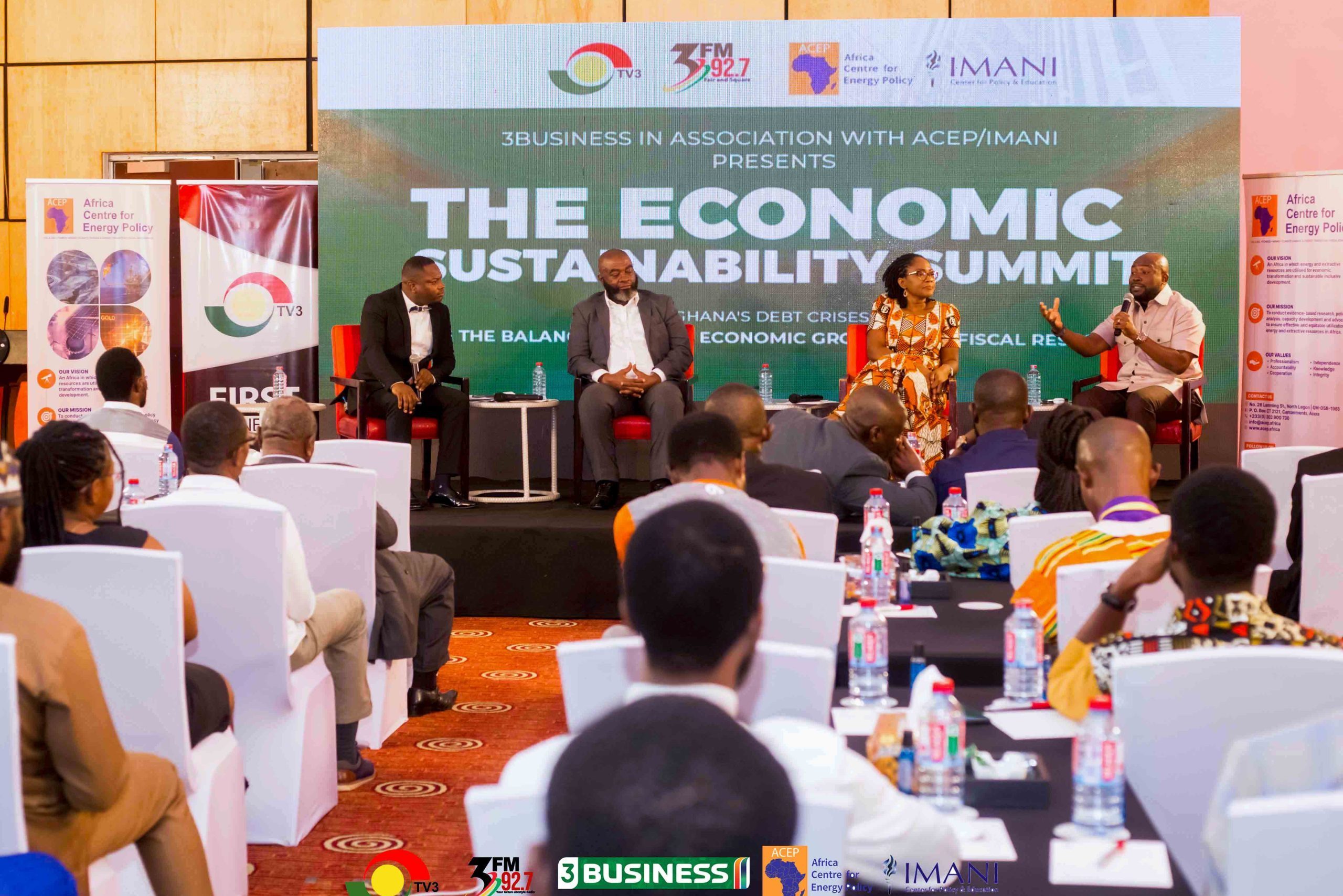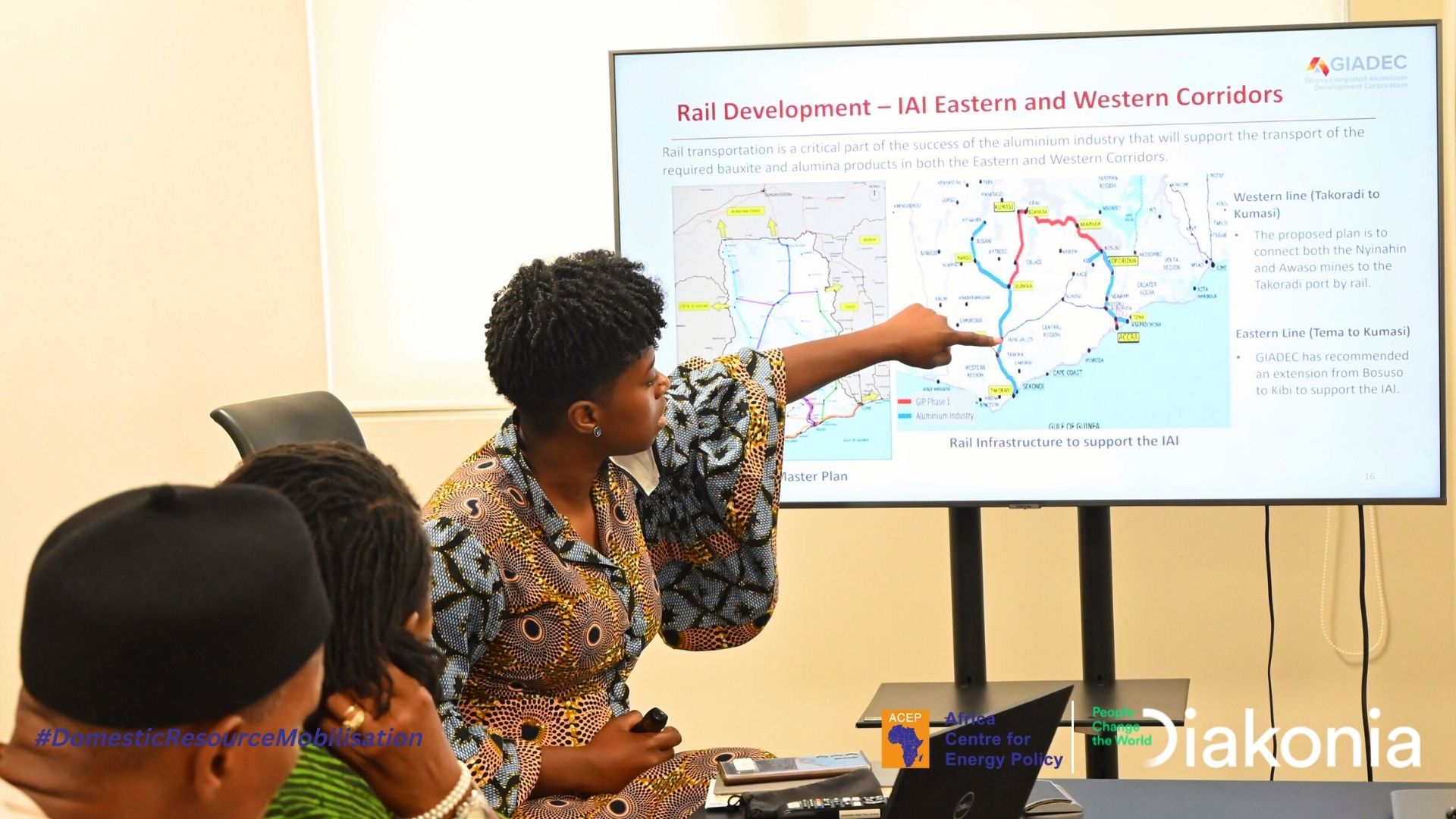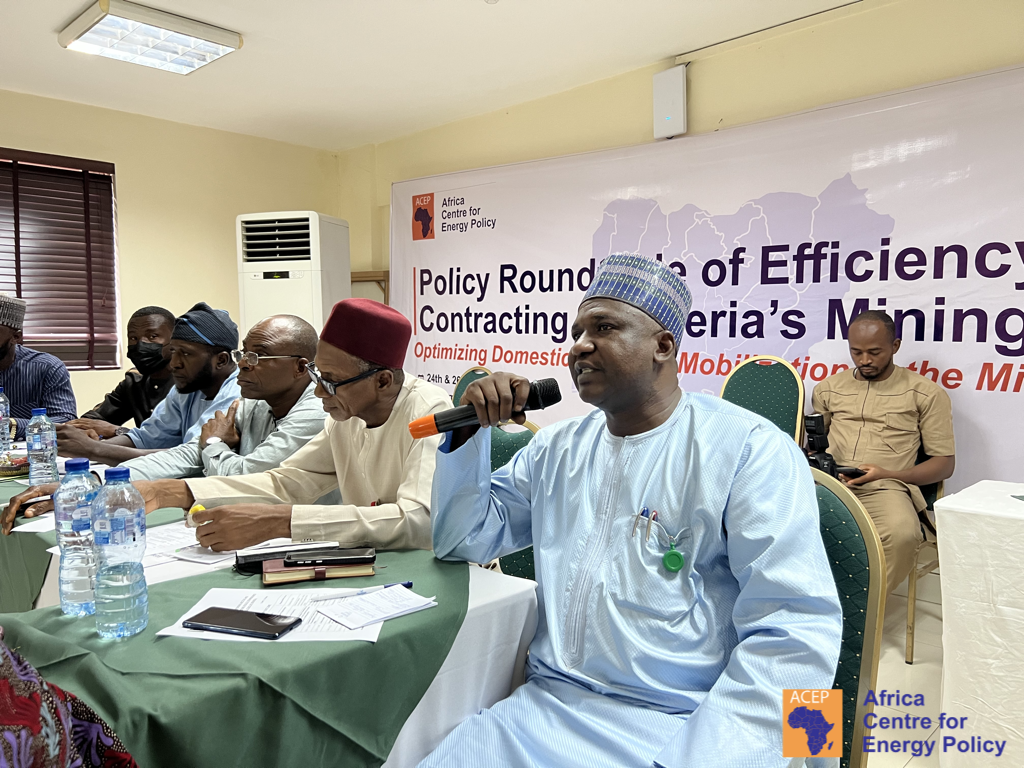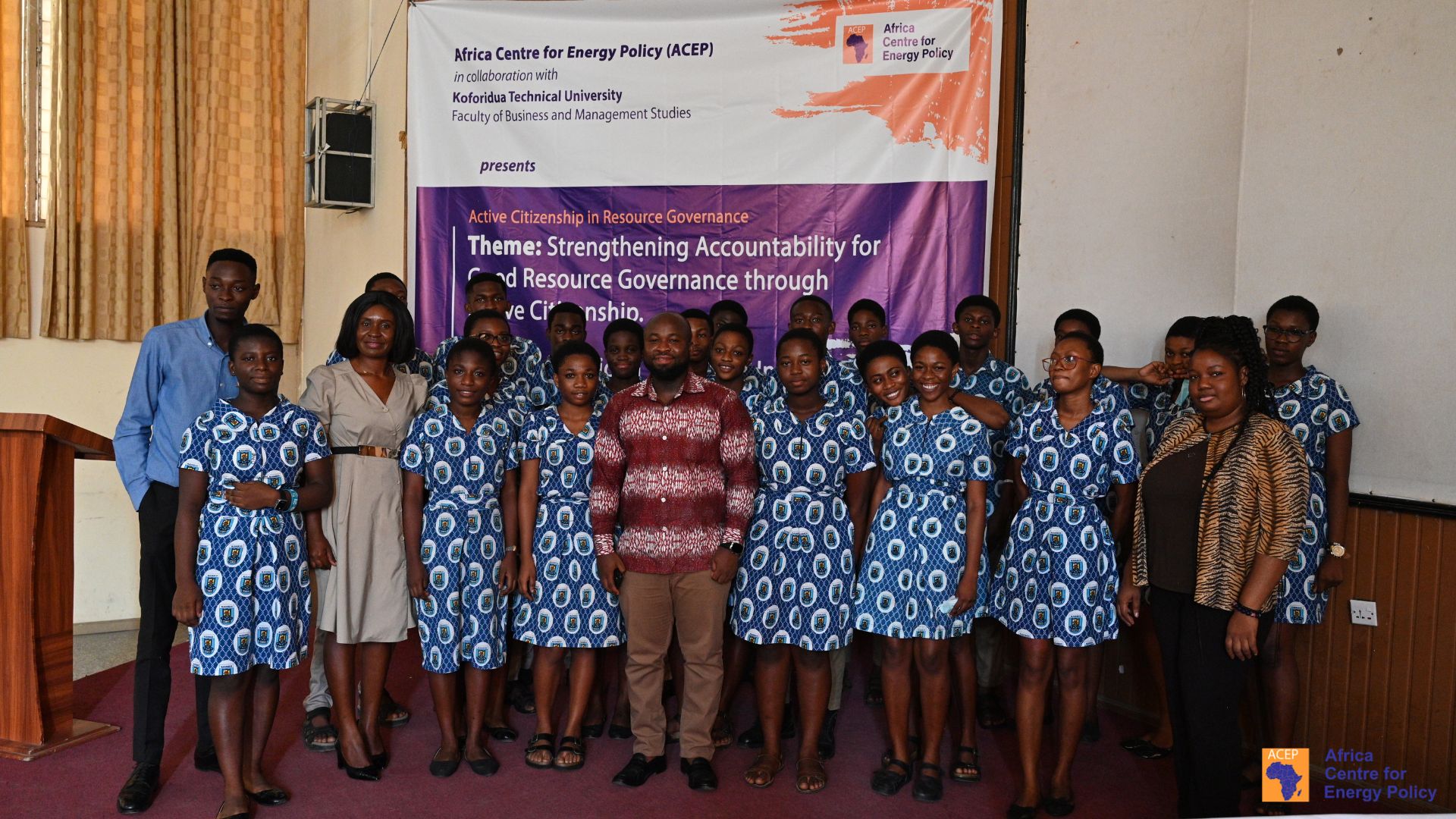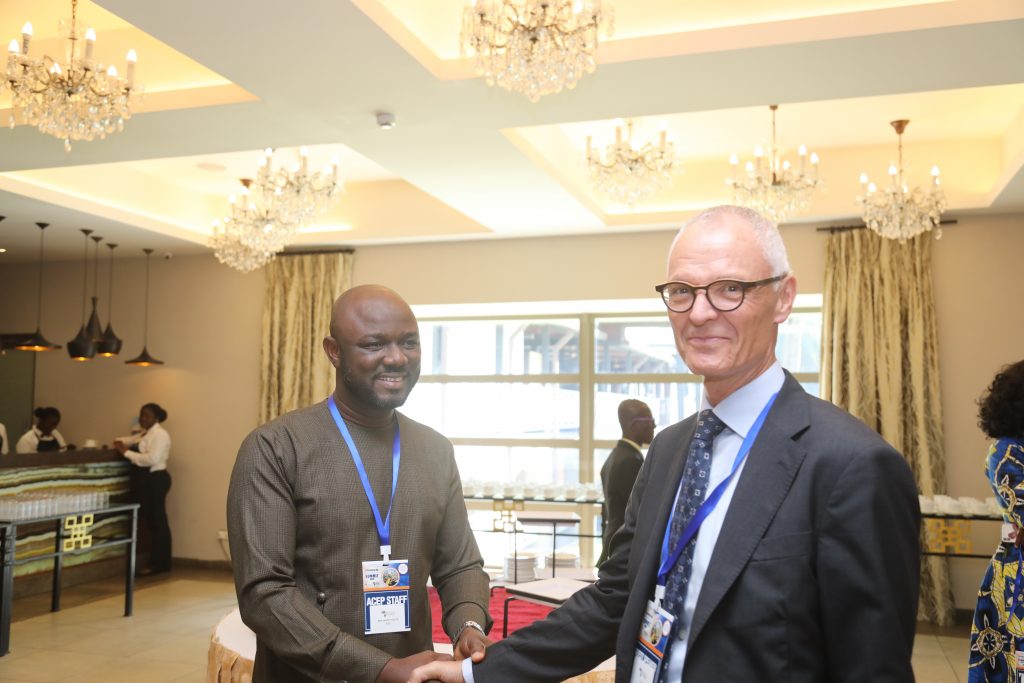ACEP's Analysis Of The Proposal to Make Ghana National Gas Company (GNGC) The National Gas Aggregator
ACEP has sighted a letter dated May 11, 2020 from the Presidency, endorsing and approving a proposal by the Ghana National Gas Company (GNGC) to assign the role of gas aggregator to the company, with further instructions for the expeditious implementation of the proposal by the Minister of Energy. The original proposal is contained in another letter dated May 5, 2020 to the Minister of Energy with the following in copy; Minister of Finance, the Executive Secretary to the President, Board Chair of GNGC, CEO of Ghana National Petroleum Corporation (GNPC), Director General of State Interest and Governance Authority (SIGA), the Deputy Ministers and Chief Director of the Ministry of Energy.
Under the current arrangement, GNPC occupies the strategic responsibility of gas aggregator with a function to pool gas resources from all upstream sources and sell to bulk consumers. GNGC is primarily responsible for processing of gas and the sale of natural gas liquids. There has also been the policy flexibility for the GNGC to sell gas to non-power and industrial consumers. Under the proposed arrangement, GNPC will cease to perform the responsibility of gas aggregator to allow GNGC to integrate the mid-stream gas operations (Aggregation, Processing and Transmission).
In 2015, government approved the takeover of GNGC by GNPC as a subsidiary for the latter. A key consideration for this consolidation was to make it possible to have a more integrated management and financing of projects in the oil and gas sector. This was particularly necessary to provide the needed financial securities for the development of the Offshore Cape Three Points (OCTP) project. ACEP’s position on this arrangement was that GNPC had the capacity to manage gas projects and had the financial muscle through its share of petroleum revenues to undertake new gas projects, for the purpose of expanding gas processing and transmission facilities. It is still the position of ACEP that if this had been followed, it could have given GNPC a sharper focus on the oil and gas industry. It was evident at the time that GNGC could not raise financing to undertake the critical expansion of their processing facility, and also provide financial guarantee for the upstream development as the aggregator. These fundamentals are still true today.
Being a gas aggregator comes at a significant risk imposed by the industry dynamics such as being witnessed with Covid-19 and the usual volatilities. When GNPC securitized the investment of the OCTP project, it was done with the fact that GNPC was the most capable state entity within the value chain to provide securities for the project. GNPC was in such a better position with cash reserves, was lending to government and could negotiate a loan at an interest rate of 4.43 percent from Deutsche Bank. Because of the industry exposures shortly after it negotiated the loan, GNPC’s risk exposure increased and therefore could not access the loan. The result was that the projected counterpart investments from GNPC in the OCTP could not be done. Consequently, the OCTP partners invested on behalf of GNPC and recovered the debt by encumbering almost two years oil lifting of its participating interest in the OCTP project. If GNGC had been the company exposed to such risks, it would likely be nonexistent today as its assets would have been unable to offset the debts. This also means that OCTP gas which today is the fuel supply backbone of the power sector would not have materialized with GNGC as the aggregator.
Throughout the proposal, GNGC has ignored their lack of capacity to assume and manage the obligations that come with being a gas aggregator. GNGC has proposed a novation of relevant contractual arrangements with both upstream and downstream partners from GNPC to it. The proposed novation of contractual obligations within the sector comes with risks and this requires that the company that wants to assume the obligations show how they will manage the risks.
The designation of a national aggregator is a policy decision within the control of government which can be made for good or bad reasons. However, GNGC’s proposal for relevant gas contracts to be novated from GNPC to GNGC will not be a unilateral decision. The OCTP partners agreed with government to make GNPC the gas aggregator as a condition for developing the project because of GNPC’s financial position. Any decision to novate the existing gas agreement has to be agreed to by the upstream investors. In the light of the foregoing, it is not difficult to predict on the basis of GNGC’s financial position that no Exploration and Production (E&P) company will novate their Gas Sales Agreement to GNGC . . .




